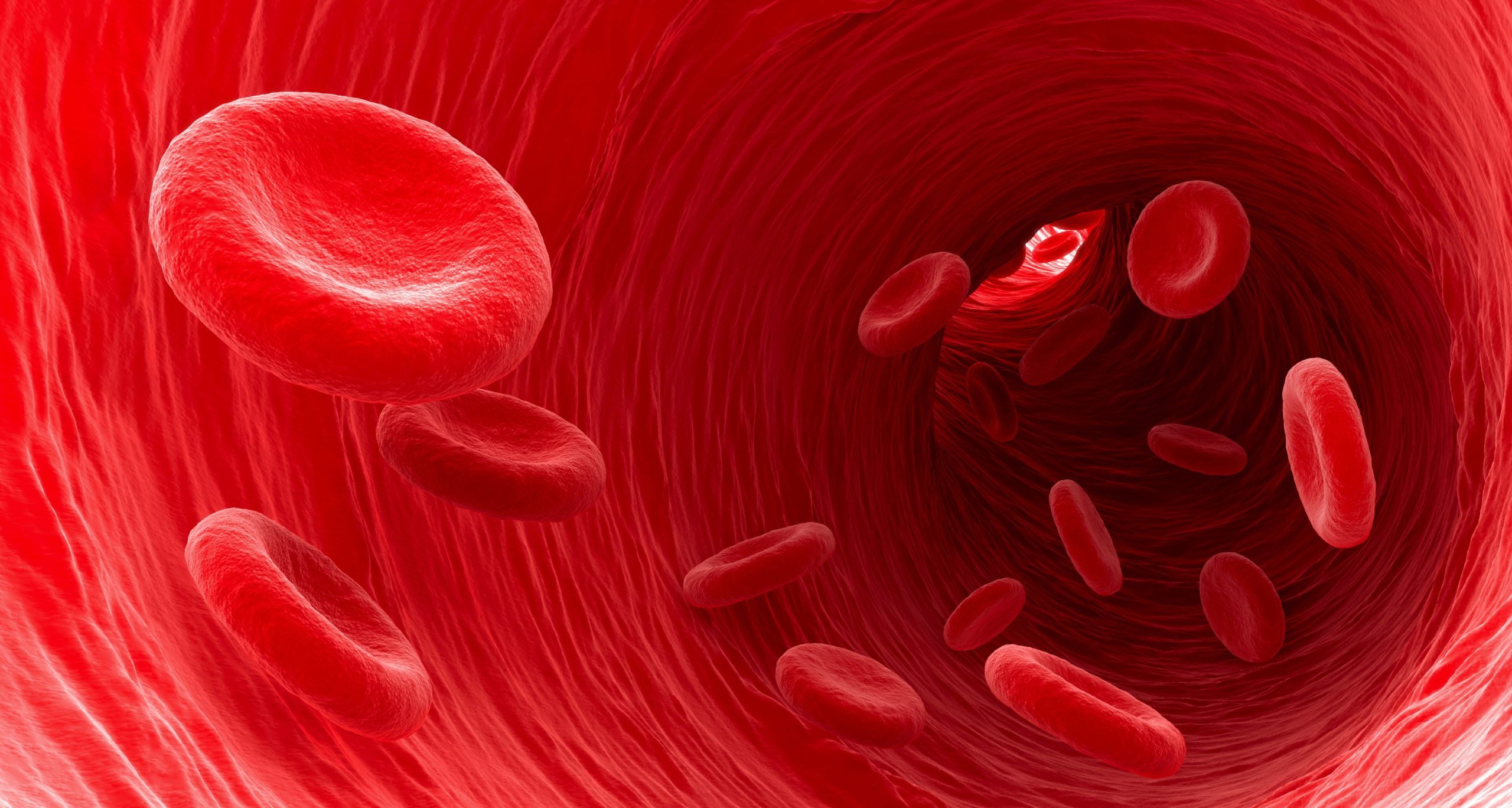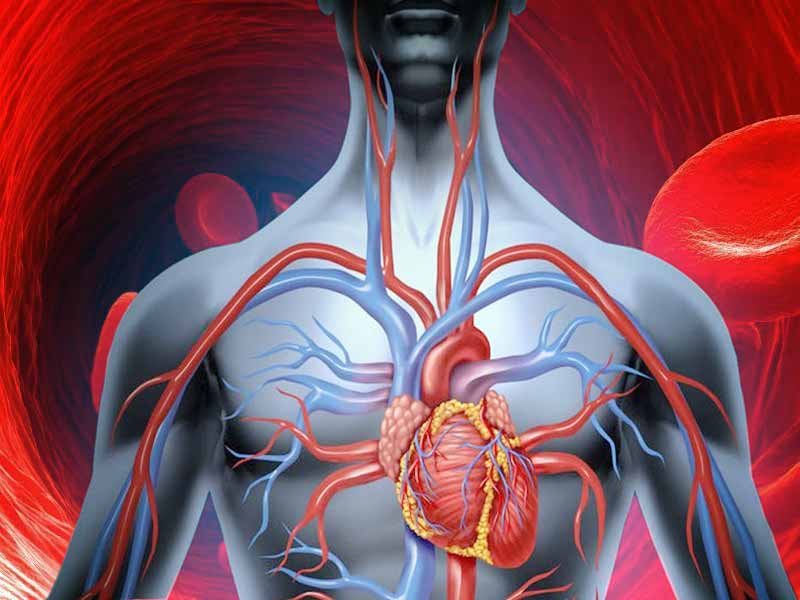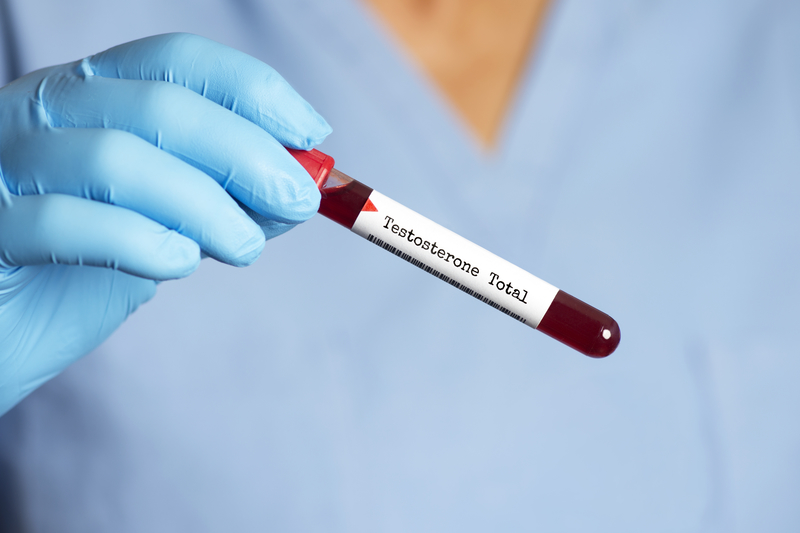As human beings, we each are basically a body of cells, composed mostly of bones and blood encased in a large organ, our skin.
Blood, of course, delivers necessary substances such as nutrients and oxygen to the cells and transports metabolic waste products away. Cells are mainly red blood cells, white blood cells and platelets.
Boston Medical Group Telemedicine offers blood tests. This testing is a part of an overall methodology to ascertain the best treatment options for each patient.
The most abundant cells in vertebrate blood are red blood cells. These contain hemoglobin, an iron-containing protein, which facilitates oxygen transport by reversibly binding to this respiratory gas and greatly increasing its solubility in blood. In contrast, carbon dioxide is mostly transported extracellular as bicarbonate ion transported in plasma. And the way we discover our overall health is most often tied to what’s in and what’s not in our blood.

While blood tests may be very common for patients getting normal or annual checkups, there are certain, specific tests one’s doctor might want to order to evaluate your overall health. These special tests could be needed to ascertain if symptoms or even just general issues like you age, weight, blood pressure or personal habits could be contributing to risks. Even more importantly, they can signal alerts or warning signs of the need for immediate medical attention.
Usually, blood tests don’t require any unusual preparations. But in some instances, you might need to not eat any food for up to 12 hours before the blood draw. Your doctor or assistant usually advises you how to prepare for certain or general blood tests.
A Laboratory draws the blood in order to analyze it. Either whole blood is used to count blood cells, or the blood cells are separated from the fluid that contains them, called plasma or serum.
The plasma fluid is used to measure different substances in the blood. The results can help detect early stages in health problems. This is when treatments or lifestyle changes can work best.
It should be noted that doctors cannot diagnose all diseases and medical problems just with blood tests. There might be other factors utilized to confirm a diagnosis. Symptoms, medical history, vital signs, such as blood pressure, breathing, pulse, and temperature, and results from other tests and procedures administered come into play.
Blood – Your Body’s Information Highway

Your blood can reveal a lot about your overall health. Lab work is merely a part of a puzzle piece and can be used to determine what’s going on.
“Blood tests help diagnose, treat, and manage heart disease. Your blood provides many hidden clues about your heart health. For example, high levels of “bad” cholesterol in your blood can be a sign that you’re at increased risk of having a heart attack. And other substances in your blood can help your doctor determine if you have heart failure or face a risk of developing plaque in your arteries (atherosclerosis). It’s important to remember that one blood test doesn’t always determine your risk of heart disease. The most important risk factors for heart disease are smoking, high blood pressure, high cholesterol, and diabetes.”*
Testing, Testing, One Two… E.D.
“It’s not easy for men to talk about problems in the bedroom. An inability to have sex with penetration can result in a stigma around being unable to perform. Worse, it might mean having difficulties in fathering a child. But it can also be a sign of a dangerous underlying health condition. A blood test can reveal issues beyond problems attaining or sustaining an erection. Read through this article to learn why blood tests are important. A blood test is a useful diagnostic tool for all sorts of conditions. Erectile dysfunction (ED) can be a sign of heart disease, diabetes mellitus, or low testosterone (low T), among other things. All of these conditions can be serious but are treatable and should be addressed. A blood test can determine whether you have a high sugar (glucose) level, high cholesterol, or low testosterone. In men with heart disease, the vessels that send blood to the penis can get clogged, just as other blood vessels can. Sometimes ED can be a marker of vascular dysfunction and atherosclerosis, which results in reduced blood flow in your arteries. Complications of diabetes can also result in a lack of blood blow to the penis. In fact, ED can be an early sign of diabetes in men under 46 years old. Heart disease and diabetes can cause ED, and this can be associated with low T. Low T also can be a sign of health conditions such as HIV or opioid abuse. Either way, low T can result in reduced sex drive, depression, and weight gain.”**

The Boston Medical Group Telemedicine Centers & Your General Health
Having treated hundreds of thousands of men worldwide, Boston Medical Group Telemedicine physicians understand both the physical and psychological effects of sexual dysfunction. With that in mind, all of Boston Medical Group Telemedicine medical centers are built with individual waiting rooms to create comfortable and private patient experience.
All visits are by appointment only to limit the number of patients in the office at any given time. Further, The Boston Method® is designed so that all testing and treatment is completed right there in the office without the need for any off-site travel.
* https://www.leehealth.org/our-services/cardiology/blood-tests
** https://www.healthline.com/health/erectile-dysfunction/blood-tests

